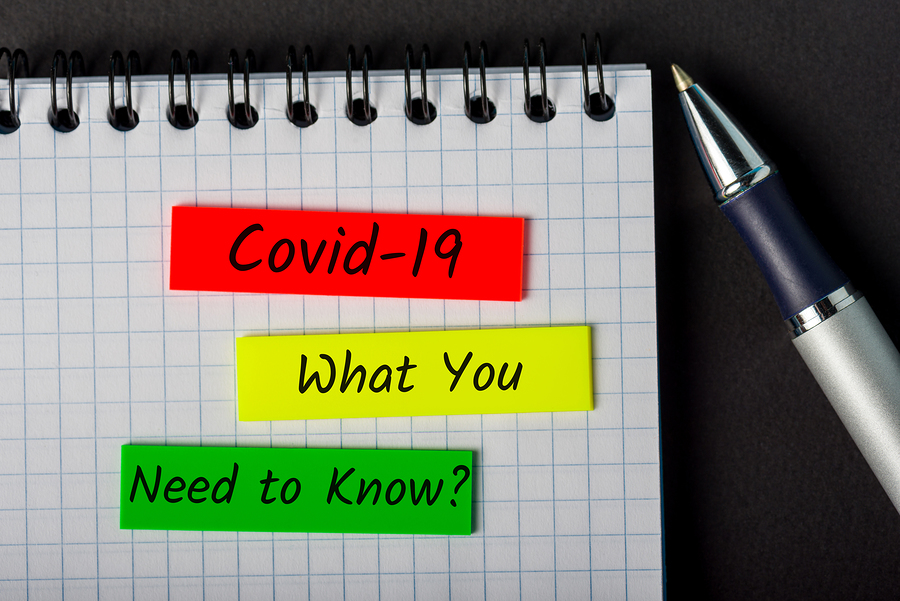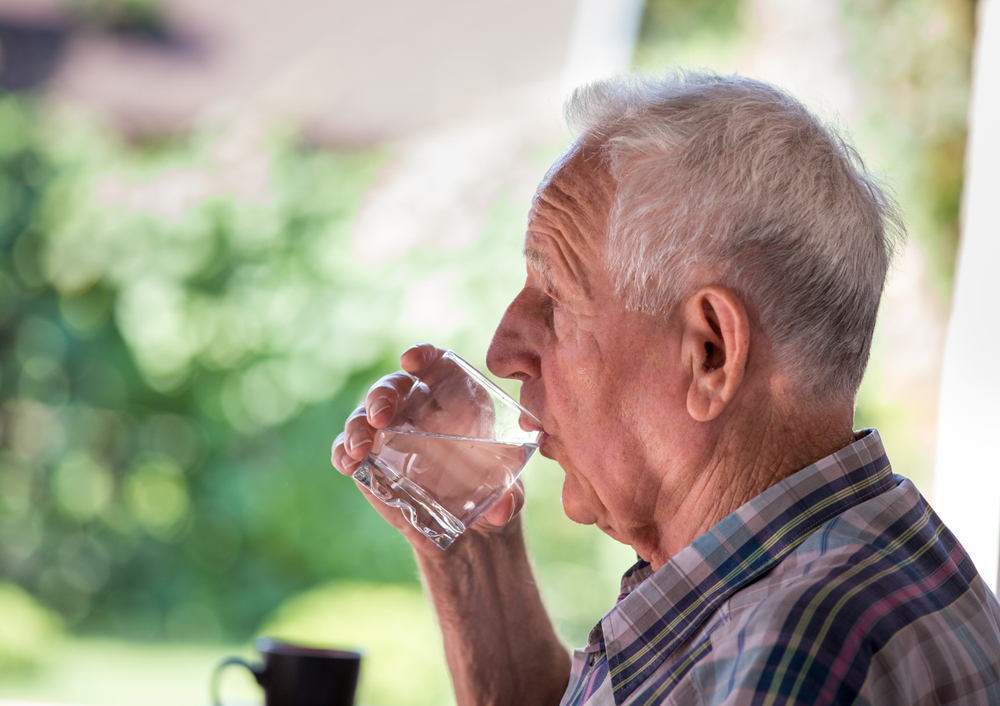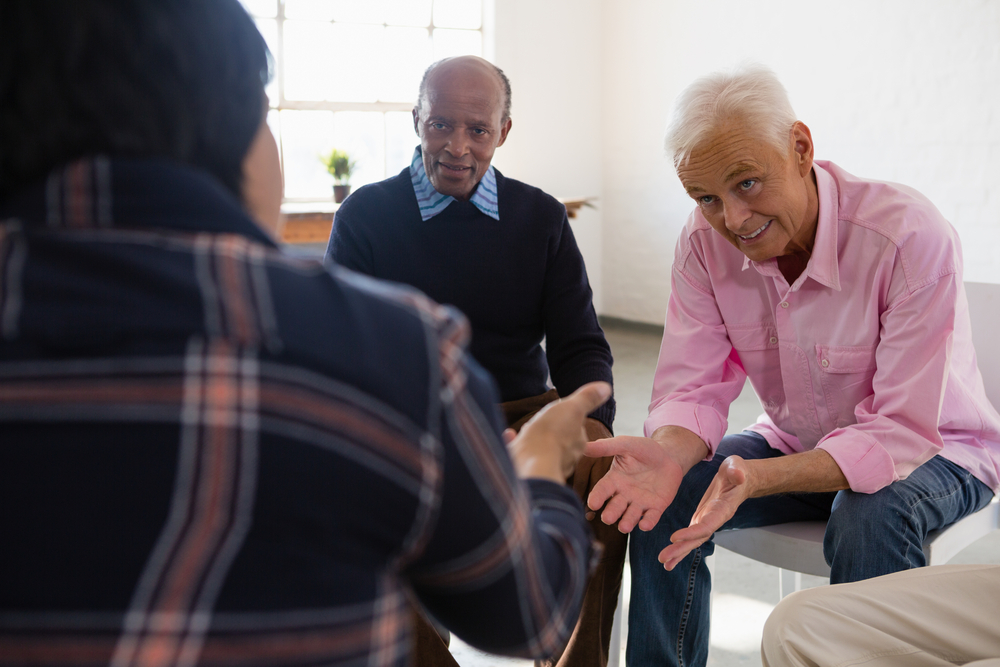Coronavirus Disease COVID-19 FAQs
Category:

According to the Centers for Disease Control and Prevention (CDC), the immediate risk of being exposed to this virus is still low for most Americans, but as the outbreak expands, that risk will increase. We are providing this the below frequently asked questions compiled with the CDC’s most updated facts, retrieved directly from the CDC website.
What is coronavirus disease 2019 (COVID-19)?
Coronavirus disease 2019 (COVID-19) is a respiratory illness that can spread from person to person. The virus that causes COVID-19 is a novel (new) coronavirus, first identified in Wuhan, China, and has not been previously seen in humans. You can find additional information here.
How does COVID-19 spread?
According to the CDC, COVID-19 is spread mainly by close person-to-person contact (within about 6 feet), through respiratory droplets produced when an infected person coughs or sneezes, causing the droplets to land in the mouths or noses of those nearby or possibly inhaled into the lungs. It may be possible that a person can get COVID-19 by touching a surface or object that has the virus on it and then touching their own mouth, nose, or possibly their eyes, but this is not thought to be the main way the virus spreads.
Have there been cases of COVID-19 in the U.S.?
Yes. The first case of COVID-19 in the United States was reported on January 21, 2020. The current count of cases of COVID-19 in the United States is available here on the CDC’s webpage.
What are the symptoms of COVID-19?
Reported illnesses have ranged from mild symptoms to severe illness and death for confirmed coronavirus disease 2019 (COVID-19) cases. Symptoms may appear 2-14 days after exposure*:
- Fever
- Cough
- Shortness of breath
Call your healthcare professional if you develop symptoms, and have been in close contact with a person known to have COVID-19 or if you have recently traveled from an area with widespread or ongoing community spread of COVID-19.
What are severe complications from this virus?
Many patients have pneumonia in both lungs.
How can I help protect myself?
Due to the COVID-19 Virus being a global outbreak, an individual should use the following everyday preventative actions to avoid possible exposure or spread:
- Avoid close contact with people who are sick.
- Avoid touching your eyes, nose, and mouth.
- Stay home when you are sick.
- Cover your cough or sneeze with a tissue, then throw the tissue in the trash.
- Clean and disinfect frequently touched objects and surfaces using a regular household cleaning spray or wipe.
- Follow CDC’s recommendations for using a facemask.
- CDC does not recommend that people who are well wear a facemask to protect themselves from respiratory diseases, including COVID-19.
- Facemasks should be used by people who show symptoms of COVID-19 to help prevent the spread of the disease to others. The use of facemasks is also crucial for health workers and people who are taking care of someone in close settings (at home or in a health care facility).
- Wash your hands often with soap and water for at least 20 seconds, especially after going to the bathroom; before eating; and after blowing your nose, coughing, or sneezing.
- If soap and water are not readily available, use an alcohol-based hand sanitizer with at least 60% alcohol. Always wash hands with soap and water if hands are visibly dirty.
What should I do if I recently traveled to China and got sick?
If you were in China within the past 14 days and feel sick with fever, cough, or difficulty breathing, you should seek medical care. Call the office of your health care provider before you go and tell them about your travel and your symptoms. They will give you instructions on how to get care without exposing other people to your illness. While sick, avoid contact with people, don’t go out, and delay any travel to reduce the possibility of spreading illness to others.
Is there a vaccine?
There is currently no vaccine to protect against COVID-19. The best way to prevent infection is to avoid being exposed to the virus that causes COVID-19.
Is there a treatment?
There is no specific antiviral treatment for COVID-19. People with COVID-19 can seek medical care to help relieve symptoms.
For preventative steps for when COVID-19 is present in the home, click Preventative steps for when COVID-19 is present in the home.
For a list of helpful links, please click here.
Please Note: This is an emerging, rapidly evolving situation. Griswold International, LLC relies on guidance provided by The Centers for Disease Control and Prevention. Please visit the CDC website often to stay informed.
Subscribe
Date: March 13, 2020
Category:


